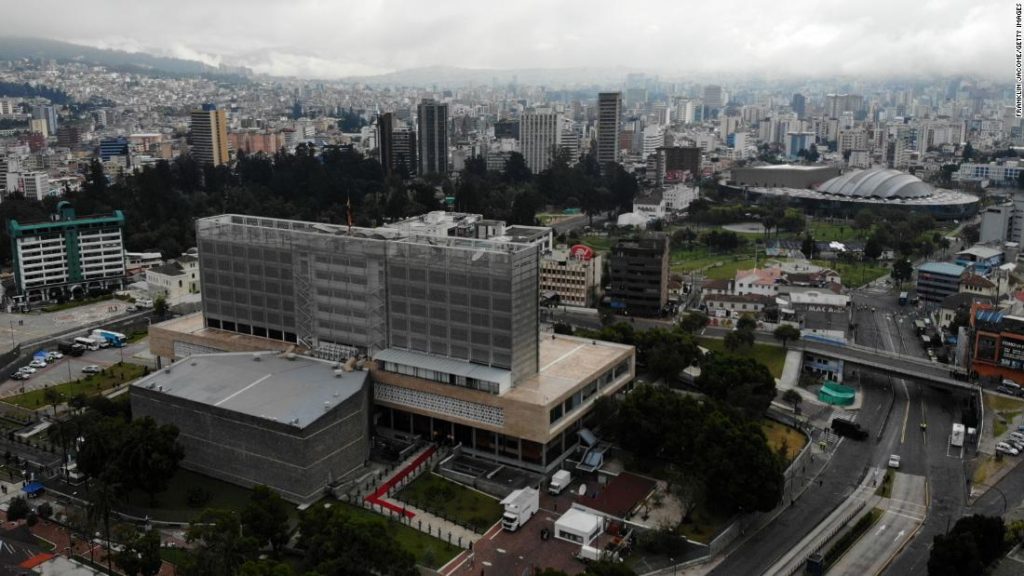Developing economies could account for up to 60% of the global GDP losses, or as much as $1.4 trillion this year, according to the report, which was produced together with the UN World Tourism Organization (UNWTO).
The slump in tourism could cost the world economy as much as $4.8 trillion for 2020 and 2021, dealing a $2.9 trillion blow to poorer countries.
The analysis takes into account losses to industries that supply food, beverages, accommodation and transport to the tourism sector, but does not reflect economic stimulus packages that may soften the impact of the pandemic.
Despite the easing of lockdowns and a pick-up in travel in some parts of the world, the tourism crisis is far from over. Half of experts interviewed by the UNWTO see international tourism returning to 2019 levels only in 2024 or later.
UNCTAD predicts a 75% reduction in tourist arrivals in countries with low vaccination rates this year, compared with a 37% reduction in countries with more than 50% of their population vaccinated.
Countries such as Turkey, Ecuador and South Africa and islands including Maldives and Saint Lucia will bear the brunt of the impact. Large parts of Asia and Oceania are also badly affected, while North America, Western Europe and the Caribbean are least affected, according to the report.
Overall, the crash in tourism is expected to cause a 5.5% increase in unemployment for unskilled labor on average. The UNWTO estimates that between 100 million and 120 million direct tourism jobs are at stake, many of them belonging to young people, women and informal workers.
“Tourism is a lifeline for millions, and advancing vaccination to protect communities and support tourism’s safe restart is critical to the recovery of jobs and generation of much-needed resources, especially in developing countries,” UNWTO Secretary General Zurab Pololikashvili said in a statement.
The main obstacle in the way of a recovery in tourism is the uneven availability of vaccines and the low number of vaccinated people in many countries, according to the report. Travel restrictions, slow containment of the virus, traveler confidence and a poor economic environment are also barriers.
To get people traveling again, the report said that countries should better coordinate travel requirements and facilitate travel by, for example, agreeing common standards for cheap and reliable coronavirus testing.
You may also like
-
Afghanistan: Civilian casualties hit record high amid US withdrawal, UN says
-
How Taiwan is trying to defend against a cyber ‘World War III’
-
Pandemic travel news this week: Quarantine escapes and airplane disguises
-
Why would anyone trust Brexit Britain again?
-
Black fungus: A second crisis is killing survivors of India’s worst Covid wave

